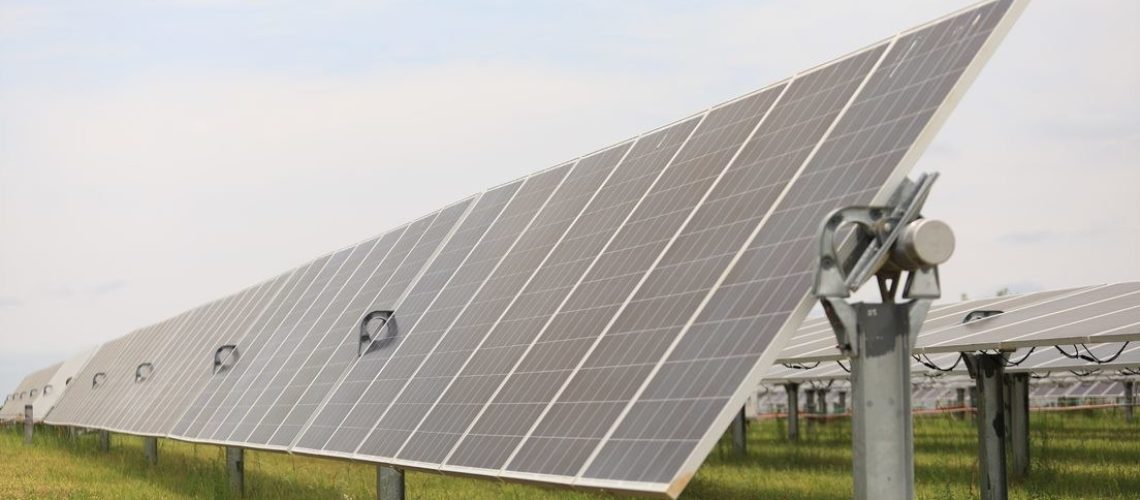A bipartisan group of Virginia senators said the shared solar program exists “in name only” as it is prohibitively expensive for most customers.
The Virginia State Corporation Commission approved a minimum bill of $55.10 for the state’s new “shared solar” program. “Shared solar” allows customers to sign on for a portion of off-site solar generation when rooftop solar is not a suitable option.
This represents the highest charge of its kind in the United States, and it has come under fire from Virginia senators and solar advocates.
The program is administered by utility company Dominion Energy, which originally sought an even higher minimum bill of $75.10.
State senators Emmett Hanger, (R-Augusta), Scott Surovell, (D-Fairfax), and delegate Rip Sullivan, (D-Fairfax) wrote in a letter to the Commission that the high charge undermined the purpose of the bill, which was designed to create a market for third-party developers to construct community solar facilities.
Under Dominion’s “Shared Solar” program, third-party community solar projects developers sign up interested customers and sell the power to the utility, and customers receive a bill credit for the power generated by the project.
The approved legislation also set the rate for bill credits under the program. Customers are paid $0.11765/kWh; however, customers of Dominion Energy pay upwards of $0.124/kWh for traditional electricity, and rates are steadily on the rise. Generally, community or shared solar programs offer bill savings or at least price parity with the market, but under this program, the economics aren’t particularly attractive to residential customers.
“We did not pass legislation to create a program that exists in name only,” said the senators in their letter to the Commission. “… (the shared solar program) should be implemented with an underlying assumption that the program needs to work. A competitive shared solar program is a new and exciting frontier for Virginia, and we recommend taking serious consideration of the input provided by industry and advocates with regards to what has proven successful in other markets.”
Dominion argued the high charge is designed to offset the “cost shift” that non-participants would receive as a result of the program. The company has not yet provided evidence of how much of a cost shift would be borne by non-participants.
The “cost shift” argument is standard in the monopoly utility playbook for quashing distributed solar projects and third-party participation in their territories. Read about California’s struggle with the cost shift argument and a debunking of its false assumptions here.
“It is correct that the record does not include evidence that specifies exactly what cost shift would occur under Dominion’s proposed minimum bill, or any of the other proposed minimum bills,” wrote SCC Hearing Examiner Mathias Roussy.
“If Dominion were so concerned about the costs shifted to non-participating customers, it should have endeavored to support its proposal with evidence quantifying this purported cost shift,” wrote Southern Environmental Law Center attorney Will Cleveland in a brief for Appalachian Voices. “The failure to meet this burden of proof should not result in program participants bearing completely speculative costs that have not been proven with evidence.”
The legislation is expected to discourage the buildout of clean energy in the state, going in direct contrast with Virginia’s climate change mitigation targets.
“It will certainly deter many Virginians from participating in it,” said Tim Marvich, vice president of Apex Clean Energy. “It’s been a challenge working in the commonwealth,” he said.



